Healthcare Sunday 2011 – praying for those working in health and medicine
Healthcare Sunday was set up over a decade ago as a way to help churches re-engage with health and medicine. For one Sunday every year we pray for, encourage and support those in the church who work in healthcare, and remember all those working in local health institutions. But the association of the Christian faith with medicine and nursing goes back to the very start of the church.
In the first century, deaconesses would go from the church into the slums and streets, bringing in beggars, the sick and dying to care for them in their own homes. They would head out to the city gates and bring in the abandoned babies left to die of exposure, and raise them as their own. Their behaviour scandalised the Roman world. When a great plague hit Alexandria in the third century, it was the Christians who stayed in the city to tend to the sick and dying, while the respectable Romans fled for their lives. It turned the known world on its head and showed a new way of living and caring that transformed the Western world.
The monastic orders of Dark and Middle Ages carried on this tradition, while in the eighteenth and nineteenth centuries the Lutheran Deaconess movements in Germany and Scandinavia laid the foundations for modern nursing. It was from one such Lutheran religious community at Kaiserswerth-am-Rhein in Germany that Florence Nightingale in 1850 learnt basic nursing and medical skills before going to the Crimea.
Thomas Sydenham, the seventeenth century English physician, widely known as the Father of British Medicine, was a devout Christian, and famously gave four propositions that he said should undergird the practice of medicine:
“It becomes every man who purposes to give himself to the care of others, seriously to consider the four following things:
First, that he must one day give an account to the Supreme Judge of all the lives entrusted to his care.
Secondly, that all his skill, and knowledge, and energy as they have been given him by God, so they should be exercised for his glory, and the good of mankind, and not for mere gain or ambition.
Thirdly, and not more beautifully than truly, let him reflect that he has undertaken the care of no mean creature, for, in order that he may estimate the value, the greatness of the human race, the only begotten Son of God became himself a man, and thus ennobled it with his divine dignity, and far more than this, died to redeem it.
And fourthly, that the doctor being himself a mortal man, should be diligent and tender in relieving his suffering patients, inasmuch as he himself must one day be a like sufferer.”
And I could continue. The Christian contribution to the healing and caring professions around the globe goes on into this day in myriad ways. Yet somehow the church here in the UK and in much of West has forgotten this heritage, and like so many areas that we have ceded to the state, such as care for the poor, the running of schools and the undergirding of our local communities and civil society, we have turned our backs on a long history of engagement in healthcare and retreated one step from the world.
This year Healthcare Sunday falls on 16 October, and a whole host of resources, from prayer points, to dramas, to service ideas can be found on the Healthcare Sunday website – www.healthcaresunday.org.uk
The precise day is less important than the principle – that we need to re-engage with our health institutions, give thanks and support to the many professionals and ancillary staff who work in them, and remember them regularly in our prayers.

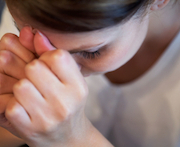
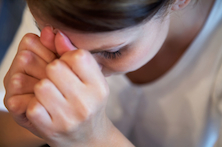


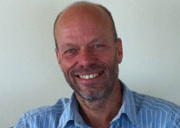
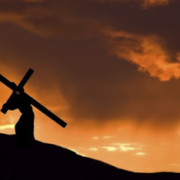
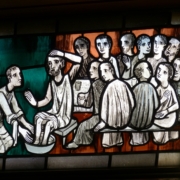


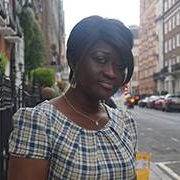


Leave a Reply
Want to join the discussion?Feel free to contribute!